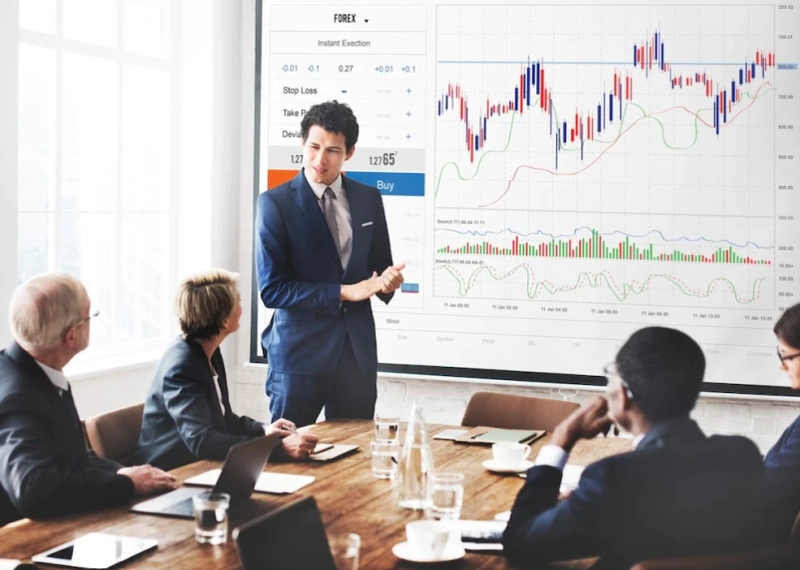Commodity trading is noted for its high activity level in the financial sector. Commodities are traded like stocks on a stock market by experts who buy or sell on behalf of individual and corporate clients. Commodity traders are those who offer financial planning services and participate in trading operations in a range of markets. Here, we'll provide an introduction to commodities trading and describe some of the most common tasks involved with the job. The Commodity trading Recruiters are looking forward to recruiting the best professionals. We'll also provide information about how to get started in the business.
When it comes to commodity trading, what exactly is it all about?
An exchange market commodities trader is a sort of financial broker who buys and sells a variety of commodities. The commodities market is a volatile component of the local and global economies. They are physical items used to create food, energy, clothes, and other things.
An expert in the value of items and the factors that influence their cost is referred to as a commodities trader. These financial investors represent a large company's consumers or other financial institutions' commodities. Other financial institutions are often the source of these customers.
The job of a commodities trader is to buy and sell
Commodity traders often buy and sell their goods on an "exchange floor," a physical marketplace, or a virtual exchange, a web-based marketplace. When the market is moving in a specific direction, they make trading decisions based on that.
As economic factors like politics, the weather, and consumer spending shift, commodities traders must keep an eye on these bull and bear market cycles. They do market research and trade commodities on domestic and international markets.
Commodity traders may also be tasked with any of the following duties:
Orders for commodities may be placed on many exchanges.Making money trading options by using a wide range of software applications and platforms.Promotion of products and services to present and potential clientsestablishing connections with other market players and investment professionalsanalyzing the market with the help of financial newspapersMentoring commodities industry apprenticesBefore, during and after the transactions, keeping in contact with consumersassisting clients in the purchase and sale of a variety of itemsEducating Oneself on the Concepts of Futures and OptionsTo become a commodity trader, what skills are necessary?
Commodity trading is a highly specialized field of work in the financial sector. Customer service and the ability to think fast and critically about industry trends are essential components of the job. Commodity traders must have the following skills to succeed in their careers:
An understanding of several investment models: Commodity dealers must use a range of formulas to calculate when deciding whether to buy or sell things depending on their current cost or value.
An understanding of the processes in commodity trading: To become a commodity trader or a broker, one must have a thorough grasp of how commodities are valued and exchanged. Commodities significantly influence the existing economic structure of both local and international markets, and traders must be aware of these effects.
A commodities trader must be able to analyze a possible investment and determine whether or not it will be lucrative. This ability is crucial. Additionally, they are compelled to tell their clients whether to sell or buy depending on market pricing.
Commodity traders typically have to find their customers, so knowing how to make sales calls and network with potential leads is essential if they want to expand their customer base.
Possessing the Capability to Decide
Customer choices are made on behalf of commodity dealers. One must carefully consider the financial consequences of these choices while simultaneously executing them at lightning speed on the trading floor or on an online trading platform.
Commodity traders must be able to communicate verbally with a broad range of clients and financial specialists. Having the ability to communicate in real-time intricate futures contracts and commodities trading agreements is essential. When interacting with clients and colleagues in the financial business. Traders should exude self-assurance and communicate clearly.
Conclusion:
In addition to their basic wage, commodities traders may make thousands of dollars in commissions on top of their average yearly salary of $86,491. An additional $25,000 may be earned by specific traders via commission bonuses. Trader remuneration is influenced by the size of their employer's broker company, as well as their level of education and trading experience.


